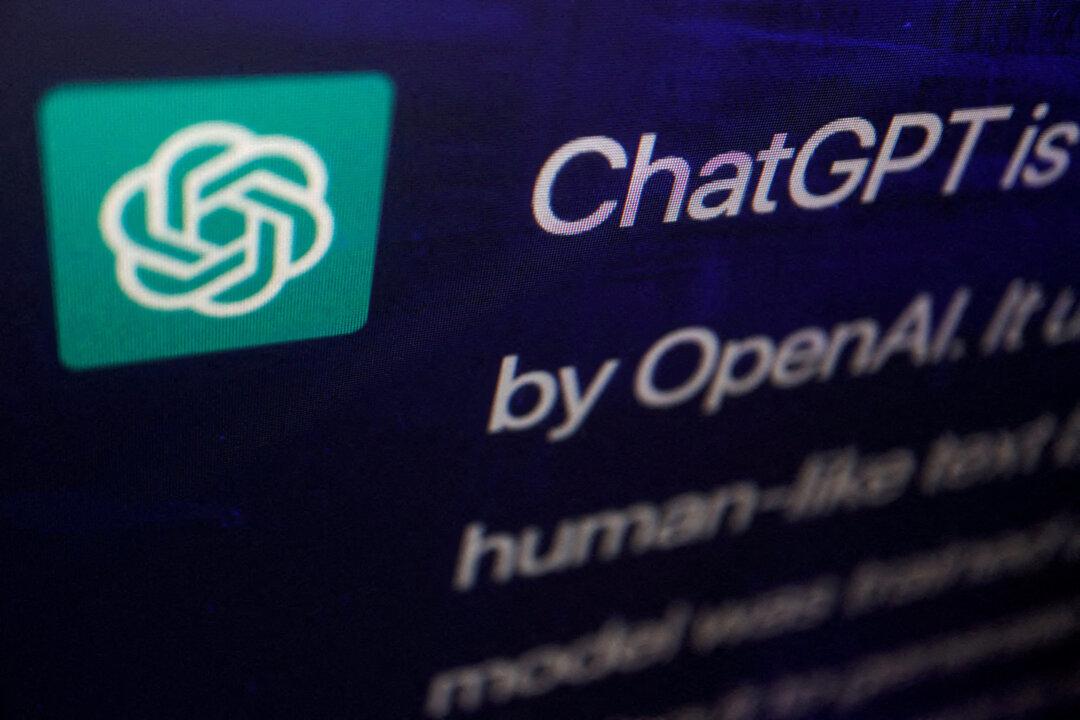The possibility that an artificial intelligence (AI) system could initiate a nuclear attack on its own has prompted members of the House of Representatives to propose legislation that would secure human control of the United States’ nuclear arsenal.
Rep. Ted Lieu (D-Calif.) has proposed a bipartisan amendment to the defense policy measure for 2024 before the June 30 deadline that would require the Pentagon to implement a system that ensures that “meaningful human control is required to launch any nuclear weapon.”





